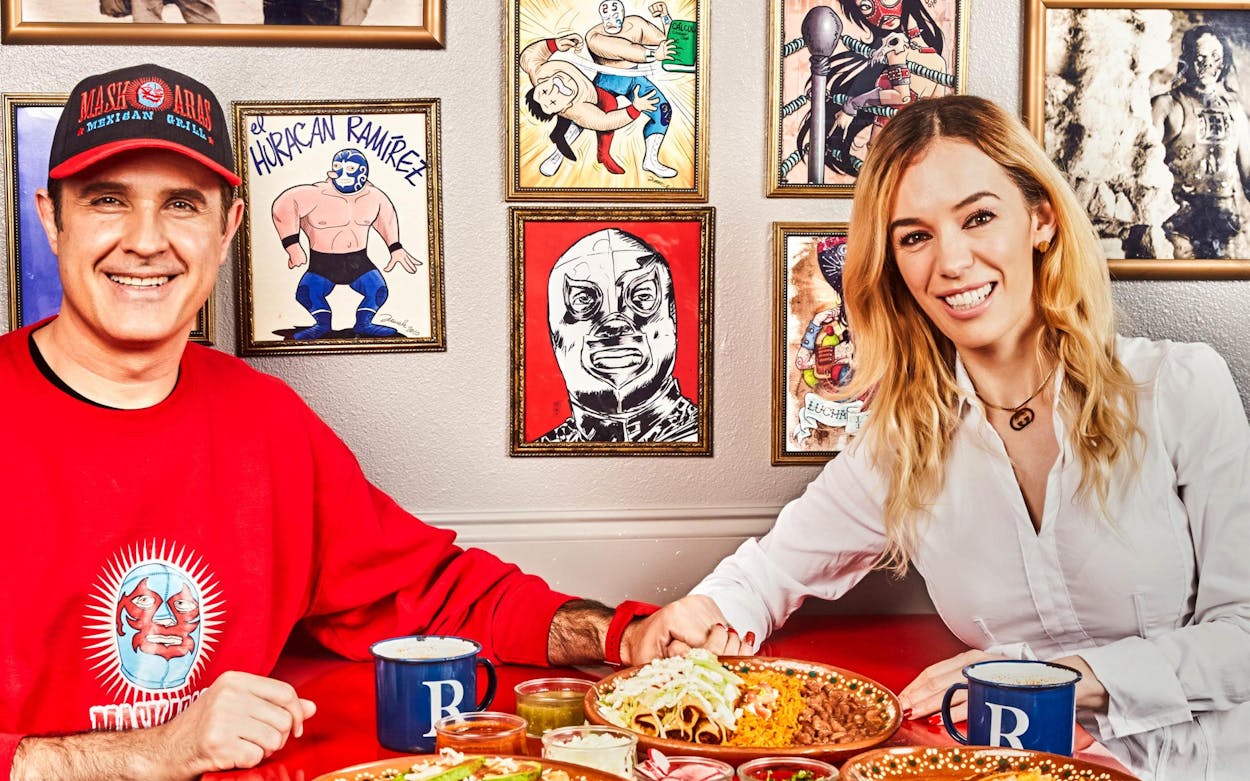The first time Rodolfo Jimenez crossed into the United States, he was fifteen. Jimenez swam across the Rio Grande with a life preserver wrapped around his midsection, and he slipped his fingers through the straps of his sandals to use as paddles. He stayed in a hotel room in Laredo for two weeks before voluntarily returning to his native Guadalajara. Later that same year, he crossed again, this time at the Tijuana–San Diego border. He and his coyote, or smuggler, were lost in the California desert when Jimenez sprained his ankle. His joint swelled, making it unbearable to walk or wear shoes. The teenager hid under scrub to evade the lights of Border Patrol agents. Jimenez prayed for a sign from God that he’d be delivered safely to his brother in Chicago. Moments later, he says, a blue heron landed just inches from him. The young man took this as a hopeful sign, one that helped him muster the strength to press on. Jimenez is a faithful Catholic, and in Christian symbolism, blue herons are a sign of good luck and prosperity. After a week and a half lost in the desert, he eventually made it to the Windy City.
But Jimenez, the eighth of nine children, later decided to return to Guadalajara to work alongside his siblings. This is despite growing up in extreme poverty and having to shine shoes on the street to support his family. The family was so poor that Jimenez’s youngest sister died at the age of three because there wasn’t enough money to take her to the doctor. Once back in Guadalajara, Jimenez went to work selling aguas frescas at a mercado.
Jimenez, who is now 48, went on to find great success as an international print magazine model, a telenovela actor, and a TV host before becoming a taquero. He also was able to immigrate to the U.S. legally, becoming a citizen in 2010. In 2016, he left his charmed life to open a restaurant in Oak Cliff with his wife, Zulma Vanessa Hernandez, serving the food of his hometown. Jimenez’s sense of magic and joy is on full display at Maskaras Mexican Grill, which has lucha libre theme that celebrates his love of Mexican wrestling. Maskaras is festively decorated with about 10 percent of Jimenez’s lucha collection—more than a thousand pieces strong, according to the taquero. Masks are framed in profile along one wall. Illustrations and tall customized models of wrestlers are mounted on another wall. There are vinyl collectible figures and miniature ceramic masks. There are commissioned pieces too, such as papier-mâché pedestal statuettes of famous luchadors. There are even luchador-themed COVID-19 face masks for sale.
Like its owner, Maskaras has had its challenges. From July 2017 to September 2018, access to the parking lot was partially blocked as a result of road construction, and the restaurant barely eked by. One December, Jimenez and Hernandez had to borrow $500 from an employee to remain open. COVID-19 nearly did the business in, but the addition of a taco to the menu made all the difference. That taco? Birria de res, the trendiest taco in Texas.
I spoke with Jimenez recently while waiting for my to-go order of tacos ahogados, a crispy taco de camarón, and, yes, a batch of the birria tacos. That last item has sold so well that it’s kept him from having to close the business, Jimenez said. “It saved us,” he said quietly from behind a plexiglass divider separating the cash register from customers. Letting a beat pass, he whispered, “You know, it’s not really birria de res? It’s barbacoa. These are the beef tacos finished on the flattop that we eat for breakfast on the street in Guadalajara.” The only difference is about fifteen ingredients and the name, he continued. I’m relieved the marketing gimmick worked. Losing Maskaras would mean losing a one-of-a-kind Texas taqueria.









